Honoring Black Leaders in Public Health, Government, and IT: W.E.B. DuBois
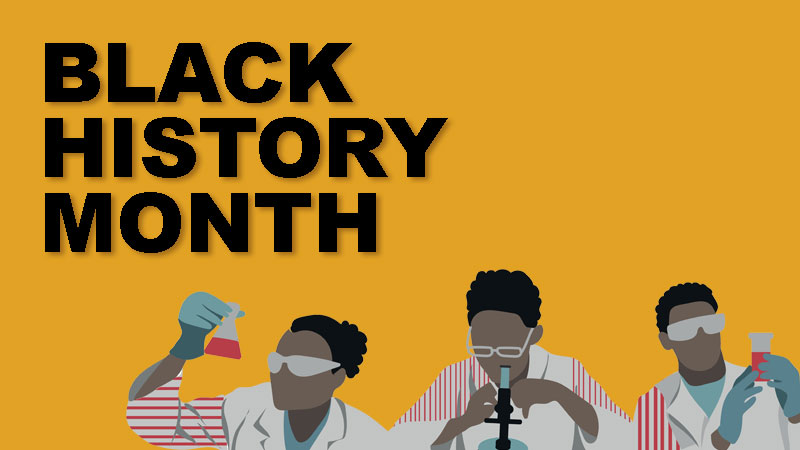
DLH is celebrating Black History Month by honoring the legacy of African-American leaders in public health, government, and information technology. Click here to view more entries in our series.
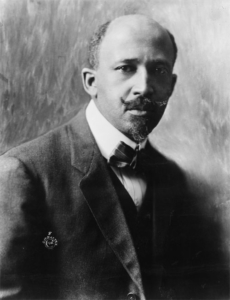
William Edward Burghardt DuBois, often known as W.E.B, was a monumental figure throughout his life, pioneering black advancement in civil rights, sociology, education, history, academia, and writing.
DuBois received a Master of the Arts from Harvard and four years later became the first African American to receive a doctorate from the university. He became a sociology instructor at the University of Pennsylvania, where he conducted a pioneering sociological study entitled The Philadelphia Negro: A Social Study (1899). The work assured his place among America’s leading sociological scholars. He went on to teach economics and history at Atlanta University, becoming chair of the university’s sociology department.
DuBois continued to write. A seminal piece, Black Reconstruction in America, 1860-1880, published in 1935, is thought to be his most significant historical work. It details the role of African Americans in American society during the Reconstruction period. The book caused controversy at the time. Critics took issue with DuBois’ use of Marxist concepts and for attacking structures of American society as fundamentally racist.
He was a founder of the Niagara Movement, a group of African American scholars and professionals. In his leadership role for this group, DuBois edited two publications: the Moon, in 1906, and later the Horizon, from 1907 to 1910. In 1909, DuBois was among the group of leaders who founded the National Association for the Advancement of Colored People (NAACP). He served as its initial director of publicity and research, the editor of its monthly magazine, and as a board director.
DuBois was an active proponent of Pan-Africanism, investing himself deeply in the fight for better living conditions for people of African descent wherever in the world they lived. He became a naturalized citizen of Ghana towards the end of his lifetime.
Learn more about the life and legacy of W.E.B. Dubois from Harvard University.
Sources:
‘NAACP History: W.E.B. DuBois’ NAACP
‘W. E. B. Du Bois,’ Hutchins Center for African And African American Research, Harvard University
‘W.E.B. Du Bois Biography,’ Biography

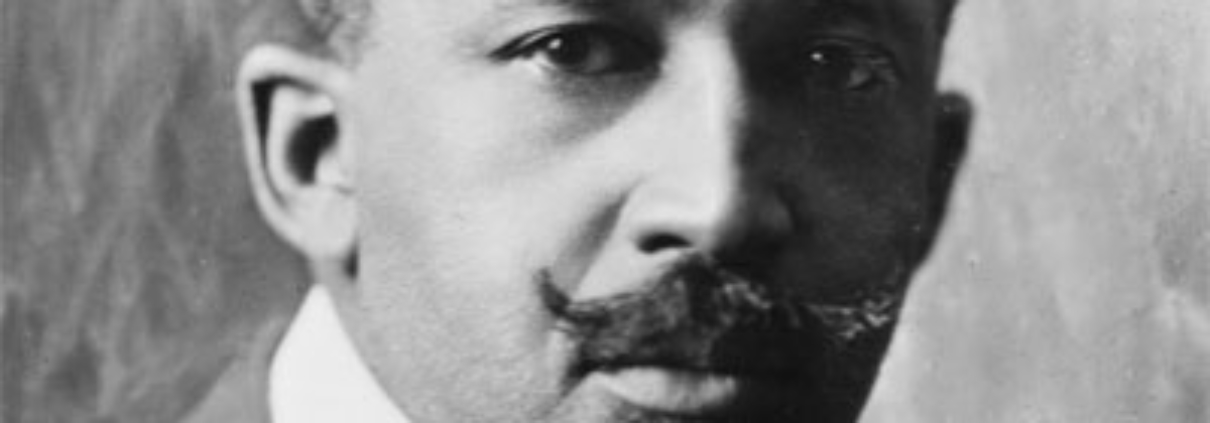
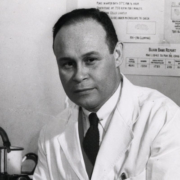
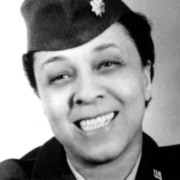
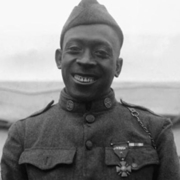
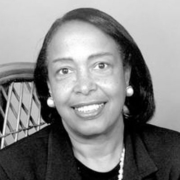
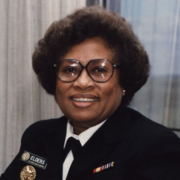
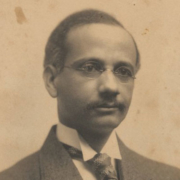
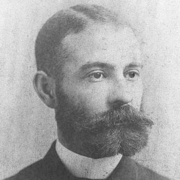
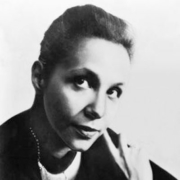



Leave a Reply
Want to join the discussion?Feel free to contribute!